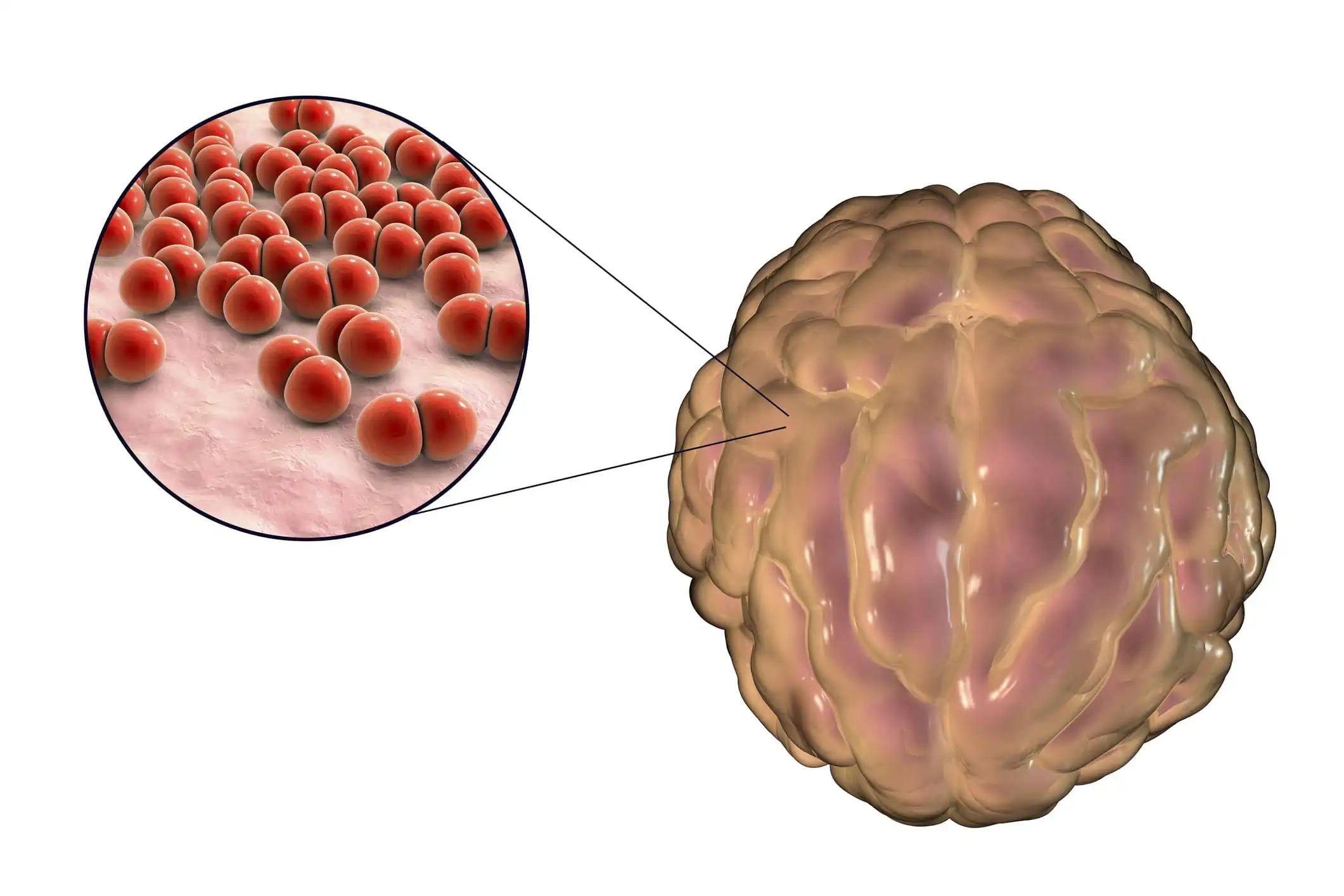KEY TAKEAWAYS
- The ALUR Phase III trial (NCT02604342) aimed to evaluate the progression-free survival (PFS) of patients with advanced ALK-positive non-small-cell lung cancer treated with alectinib versus chemotherapy.
- Patients who had received prior platinum-doublet chemotherapy and crizotinib were randomized to receive alectinib or chemotherapy.
- The final efficacy data of this study showed that alectinib significantly improved PFS, ORR, and CNS ORR compared to chemotherapy in patients with advanced ALK-positive non-small-cell lung cancer.
In previously reported primary data, the ALUR trial showed a significant increase in progression-free survival (PFS) and objective response rate (ORR) in the central nervous system (CNS) for alectinib compared to chemotherapy in pre-treated, advanced anaplastic lymphoma kinase (ALK)-positive non-small-cell lung cancer. The final efficacy and safety results and molecular profiling findings are obtained from the trial.
In a randomized trial, patients previously treated with platinum-doublet chemotherapy and crizotinib 2:1 were assigned to receive either alectinib 600 mg twice daily (n = 79) or chemotherapy (pemetrexed 500 mg/m2 or docetaxel 75 mg/m2, every 3 weeks; n = 40) up to deteriorating health, death, or withdrawal. The primary outcome measured was the investigator-assessed PFS. In contrast, secondary outcomes included objective response rate (ORR), CNS ORR, and safety. Blood samples were collected at baseline and every six weeks until progressive disease, with molecular factors detected by next-generation sequencing being analyzed for correlation with outcomes.
The results showed that alectinib significantly improved investigator-assessed PFS compared to chemotherapy (median 10.9 versus 1.4 months; hazard ratio 0.20, 95% CI 0.12-0.33; P < 0.001). Additionally, ORR was higher with alectinib (50.6%) compared to chemotherapy (2.5%; P < 0.001). In patients with measurable CNS metastases at baseline, CNS ORR was also higher with alectinib (66.7%) compared to chemotherapy (0%; P < 0.001). No new safety issues were observed. At baseline, 69.5% (n = 41/59) of plasma samples showed ALK rearrangement. Confirmed partial responses were observed with alectinib in patients with a secondary ALK mutation (6/11) and patients with a non-EML4-ALK fusion (4/6). However, PFS with alectinib was statistically reduced when mutant TP53 was found in baseline plasma (hazard ratio 1.88, 95% confidence interval 0.9-3.93). The study concluded alectinib’s superiority over chemotherapy in advanced ALK-positive non-small-cell lung cancer. Alectinib also prolonged PFS in wild-type or mutant TP53, but its efficacy was reduced in patients with mutant TP53.
Source:https://pubmed.ncbi.nlm.nih.gov/35042152/
Clinical Trial: https://clinicaltrials.gov/ct2/show/NCT02604342/
Wolf J, Helland Å, Oh IJ, Migliorino MR, Dziadziuszko R, Wrona A, de Castro J, Mazieres J, Griesinger F, Chlistalla M, Cardona A, Ruf T, Trunzer K, Smoljanovic V, Novello S. Final efficacy and safety data, and exploratory molecular profiling from the phase III ALUR study of alectinib versus chemotherapy in crizotinib-pretreated ALK-positive non-small-cell lung cancer. ESMO Open. 2022 Feb;7(1):100333. doi 10.1016/j.esmoop.2021.100333. Epub 2022 Jan 15. PMID: 35042152; PMCID: PMC8777286.



